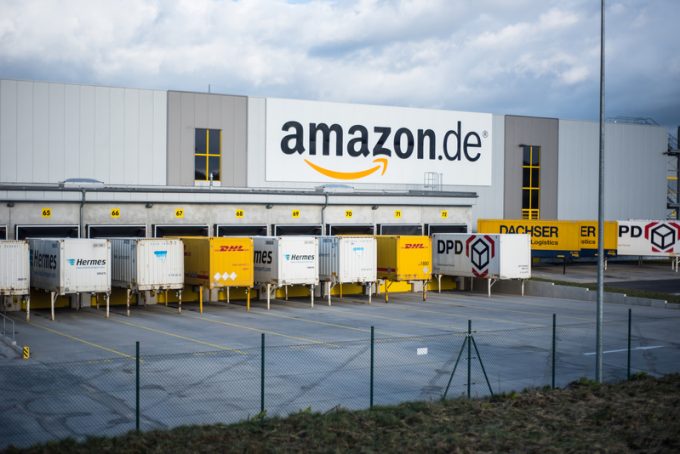Prologis – 'Water is building behind the dam'
…when will it break?

One of the world’s most important tech investors has told the logistics industry that there is little cause for its incessant worrying about the emergence of Amazon as a third-party logistics provider.
At last week’s TPM conference in Long Beach, managing director at start-venture capital firm ...

Comment on this article